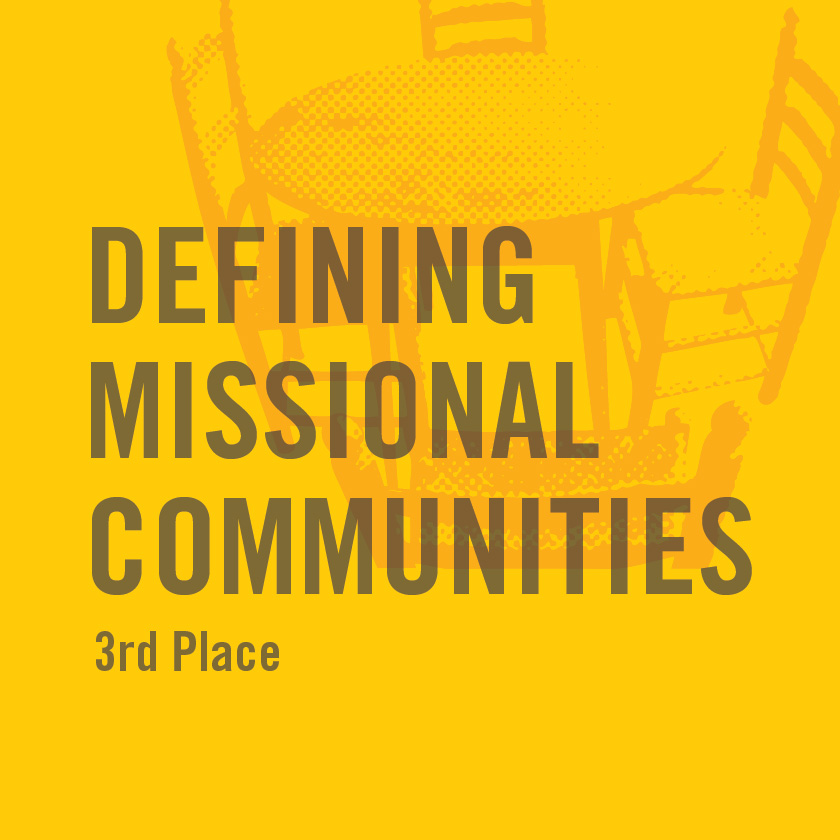The Practices of Missional Community: Third Place
Last week I ended by saying that, if we are going to live as a committed community of Christians, captivated by God’s mission to make His name famous, then we’re going to need some specific practices to assist us.
There are three areas of growth that MCs serve:
- Our outward life
- Our inward life
- Our communal life
Our three practices of Missional Communities will cultivate each of these places. A Missional Community that is lacking in one practice will suffer overall, as we need to be conforming our whole lives to Jesus. This week, let’s take a look at Third Place, which helps us to grow in our outward lives, that is, our pursuit of those far from God.
Community Persuasion
For reasons that are biblical, historical, and experiential, we believe that the Christian community is the single most persuasive argument for the Christian faith. In God’s providence, people usually need to belong before they will believe. Our community is integral to our mission. The people in your community are your best argument!
And so we gather as a community in a “Third Place”, inviting our unbelieving friends to specifically discover our community – to belong before they believe. We call it Third Place because believers already gather in two other places: on Sundays and in our homes. God has already placed lost friends in your life. Third Place is how we’re going to pursue them together.
3 Marks of a Third Place
So what does a Third Place look like for a Missional Community? When choosing a place and time, consider these attributes of a good Third Place:
- Neutral – Unbelievers don’t feel like they’ve walked into hostile territory, like a church building or a Christian coffee shop.
- Natural – It’s at a place and a time that they would normally go. We really must think about our unbelieving friends before deciding on a Third Place.
- Regular – An irregular time or place will kill participation.
What Happens in a Third Place?
Once here, we get together and be friends! Do normal things that friends do. Don’t use Christian jargon, but you don’t have to hide your faith if and when it comes up. How does this result in mission? As our lost friends are wrapped into the community, they are invited to the community’s other practices and are exposed to the gospel multiple times in multiple contexts.
As we have tried to live this out in our church, we have found that Third Place is probably the least practiced space, but most essential when it comes to helping lead people to Christ. If we want to make disciples, we need to make intentional space in our lives together to be around those who don’t know Jesus!
In the next post, we will look through how we cultivate the inner life of Godliness through Life Transformation Groups.
Interested in learning more about missional communities? Check out the Austin Stone Institute. Get theological training and practical experience through a variety of internships and residencies.



